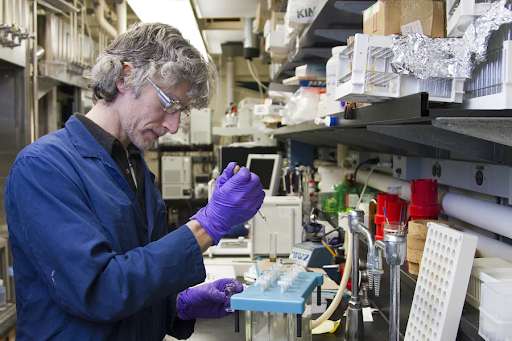In 2020, the Center for Drug Evaluation and Research approved 53 new drugs that have gone on to change patients’ lives.

Despite so many drugs being approved yearly, not all produced medicines are fit for sale. Clinical trials are used to establish where approval can be granted.
To ensure that their new drug works effectively and is safe for human use, scientists engage in clinical trials.
Read on to discover what clinical trials are and the benefits of medical professionals conducting them.
What Are Clinical Trials?
Clinical trials are an essential part of the research process. Through trials, health workers can test potential treatments on human participants – to judge whether the drug is effective and safe for mass distribution.
Clinical trials are conducted in four stages.
- Phase 1 tests medical drugs on many healthy participants to identify any side effects resulting from the treatment.
- Phase 2 trials the medicine on volunteers who are ill to witness how the drug improves the participant’s condition.
- Phase 3 involves placebos to test the psychological effects of taking medicine.
- Phase 4 continues the testing process and is vital before the product can be prescribed.
Clinical trials are happening every day around the world. In England in 2019, the number of people taking part in clinical trials was 870,250, equivalent to 2,383 participants per day.
Successful clinical trials allow for such things as LNP mRNA formulation, mass production of product and distribution to pharmacies.
The Benefits of Clinical Trials
1. Safety Considerations
Without clinical trials, the process of a drug reaching the public would be hugely unsafe and a significant risk to patient’s health. Untested medicine could cause severe side effects, leading to loss of life, long-term illness, and medical companies being closed down.

2. Legal Requirements
Conducting clinical trials is also a legal requirement that all health companies producing medicines and drugs must meet. Research with volunteers ensures that scientists act within the law and that products reaching patients are safe for human consumption.
3. Helping Patients In The Short-Term
Producing medical drugs is extensive, sometimes taking decades to get new medicines onto the shelves. From early research through to the sale of a product, many people who are ill can suffer.
Clinical trials offer those illest or most at risk the opportunity to participate in life-changing research. Through this, they might receive life-saving or ailment-curing treatment before it is readily available.
4. Support Future Research
While clinical trials are mainly conducted to get a particular medical drug into mass production, they can also support future research. Testing on participants allows scientists to make new observations that can lead to future discoveries and health solutions.
Final Thoughts
Clinical trials are a vital part of the medicine and drug production process, ensuring safety considerations and legal requirements are met while supporting future research.

